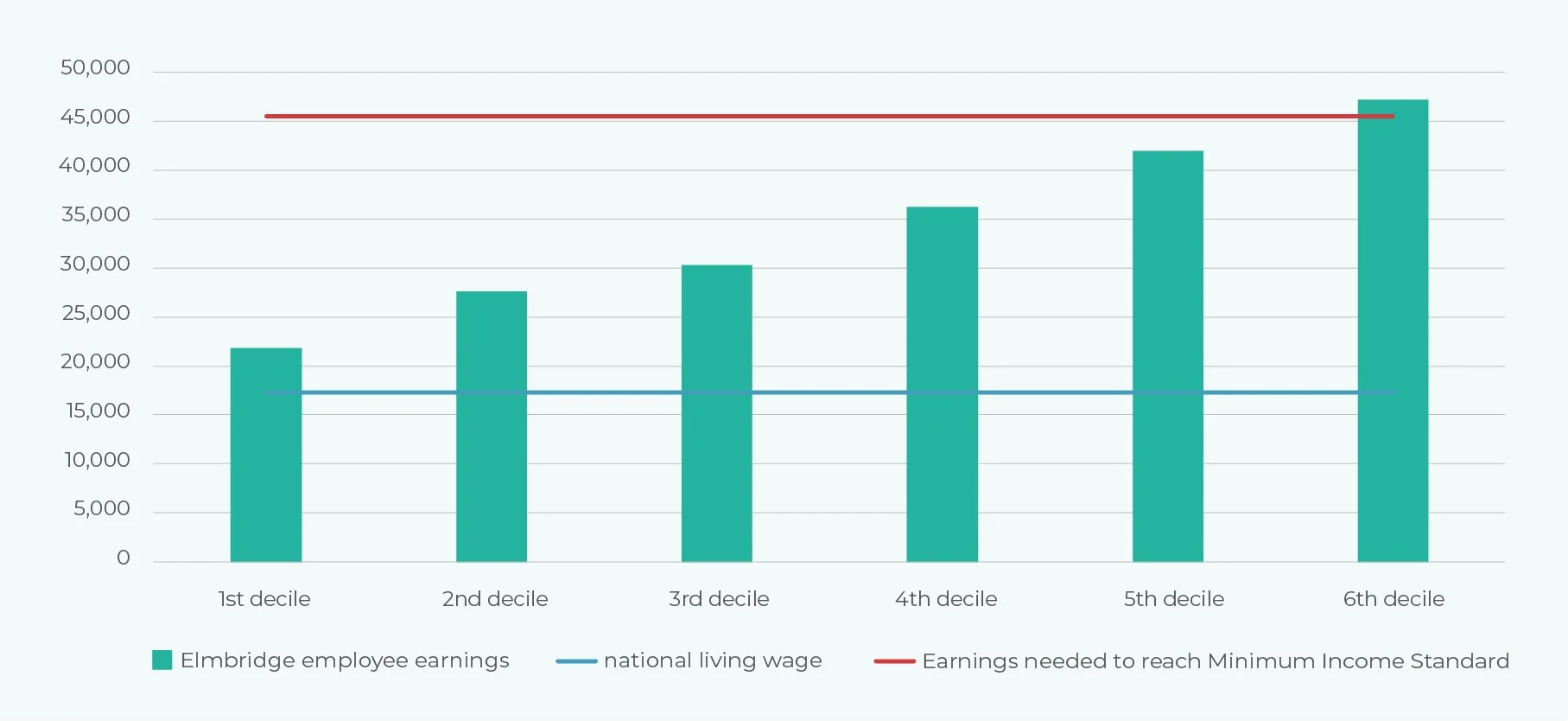Under the Radar report
Elmbridge is a pleasant place to live on a number of fronts but under the surface there are pockets of poverty, and signs that these are growing.
In this report, we explore the changing picture of poverty and low income in Elmbridge: who is affected, what drives poverty locally, and what are the consequences of low income for those experiencing it.
Download the full report or summary below, or scroll down to find out more about the findings.
About the report
Elmbridge is generally considered a place of wealth and has ranked first in Halifax’s Quality of Life Survey several times. However, a growing number of children are living in low-income households, and an increasing number of these are working households. Poverty and disadvantage exist but under the radar.
Essentials such as housing and childcare cost more in Elmbridge than in many other parts of the country, and the rising cost of living is putting extra pressure on already stretched households. More and more residents are struggling to make ends meet.
This report, written by New Economics Foundation, looks at how poverty and low income have changed in recent years, and sets out recommendations for ways we can work with our local community to ensure Elmbridge is a place where everyone has the opportunity to thrive.
Key findings
Children in Elmbridge are more likely to be in a low-income household than they were six years ago and a growing number are in working households
Child poverty has grown at a faster rate in areas that already had more child poverty
The bottom 30% of workers don’t earn enough to meet the Minimum Income Standard for a single person in Elmbridge
A single parent with two children needs to earn over £45,000 a year to afford the essentials
Median house prices in Elmbridge have grown to 14x median earnings
Rent for a two-bedroom house is 41% higher than the national average
While unemployment rates are falling, the number of people claiming unemployment-related benefits is still higher than pre-pandemic, particularly among the 20-34 age group
Young people aged 20-30 saw the highest rise in unemployment-related Universal Credit claims during the pandemic
Key recommendations
Improve awareness of and access to existing cost of living support, especially for people newly struggling.
Support ongoing housing costs and advocate for wider action to increase the stock of truly affordable housing in Elmbridge.
Support families with childcare fees and explore ways to bring down the cost of childcare, eg, opening up charitable properties and space for after-school and holiday clubs.
Create opportunities for residents to develop their employment skills and experience (particularly for 20-34 age group), and explore the possibility of a Surrey wage scheme to improve pay across the borough.




